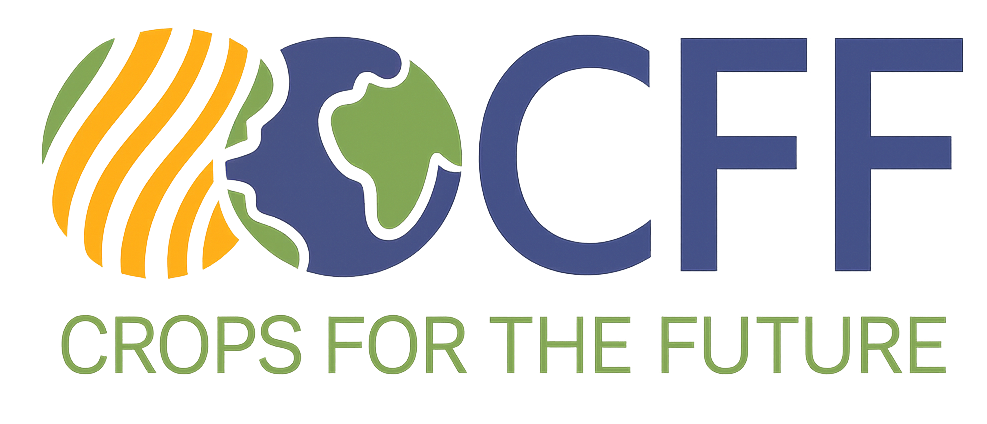
The Bambara groundnut (Vigna subterranea) stands out as a remarkable yet underutilised legume with significant potential to bolster food security, particularly in arid and semi-arid regions of Africa and Asia. At Crops For the Future (CFF), extensive research has been dedicated to understanding and unlocking the full capabilities of this resilient crop.
Known for its exceptional drought tolerance and ability to thrive in poor soils where other crops might fail, the Bambara groundnut offers a sustainable alternative for farmers facing challenging agricultural conditions. Its nutritional profile is impressive, providing a balanced source of protein, carbohydrates, and essential micronutrients, making it a vital contributor to dietary diversity and combating malnutrition.
Key Research Focus Areas at CFF:
- Genetic Diversity and Crop Improvement: CFF has been involved in characterizing the vast genetic diversity within Bambara groundnut landraces. This work aims to identify traits for enhanced yield, nutritional quality, and even greater resilience to biotic and abiotic stresses.
- Agronomic Practices: Developing optimal agronomic practices for Bambara groundnut cultivation is crucial for maximizing its potential. Research explores intercropping systems, water management techniques, and soil health improvement strategies tailored for this crop.
- Value Chain Development: Beyond the farm gate, CFF explores opportunities for value addition and market development for Bambara groundnut products. This includes investigating processing techniques, new food product formulations, and linking farmers to markets.

The challenges in promoting Bambara groundnut include limited awareness, fragmented seed systems, and a need for greater investment in research and development. However, its inherent qualities make it a strong candidate for 'future-proofing' our food systems. As climate change continues to impact global agriculture, crops like the Bambara groundnut are not just a relic of the past but a critical component of a resilient and food-secure future.
This blog post is based on numerous research initiatives and publications by Crops For the Future and its partners. For specific publications, please visit our Publications page or search for CFF research on academic databases.
